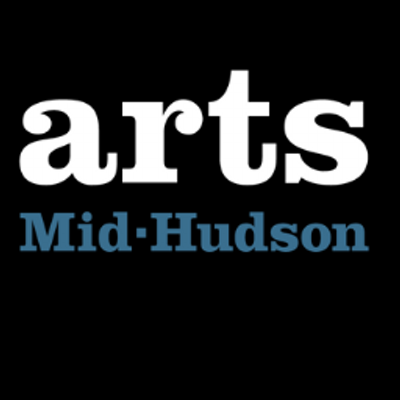It’s no secret that COVID-19 has dramatically altered life for both artists and art lovers. With events cancelled and galleries shuttered, arts organizations and individual practitioners are facing novel challenges: economic, logistical, and creative. New revenue is difficult to attain but what about funding that was already issued or in-progress for programming that can no longer occur?

Grants organizations like Arts Mid-Hudson are working hard to keep tabs on grantees and awardees during the coronavirus pandemic, to assess needs and track programmatic changes. Arts Mid-Hudson is an arts service nonprofit focused on providing vision and leadership for diverse arts organizations and individual artists in New York’s Mid-Hudson Valley. Since 2013, Arts Mid-Hudson has facilitated grants, events, and exhibitions using Submittable.
Check out an interview with Lilia Pérez of Arts Mid-Hudson below:
What Arts Mid-Hudson did
As it became clear that COVID-19 would dramatically affect the arts and cultural sector, the team at Arts Mid-Hudson knew they needed to begin collecting data from impacted grantees and awardees.
According to Grants and Programs Manager Lilia Pérez, “We wanted to get the information as quickly as possible, in a very streamlined way, because we knew that there was about to be a major burden on everybody.”
How they did it
Because Arts Mid-Hudson is a facilitator for grant funding from the New York State Council on the Arts (NYSCA), the team needed clear information to be able to better support their grantees and awardees when communicating with NYSCA. The Arts Mid-Hudson impact survey is allowing the team to compile and share data.
“This form has been quite helpful,” says Pérez, “in that we’re able to get directly from our grantees and awardees what the situation is so that we can advocate on their behalf and have an open conversation with our funders.”
A survey can serve as an excellent tool for understanding, and thus better serving, your community. To this end, Pérez recommends including open-ended questions for impact assessment.
“There’s a lot we did not anticipate we would need to be tracking for,” she says. “And once we started getting in some feedback through an open-ended question, then we determined, okay, we might need to add this to the form moving forward and ask specifically about this.”
These responses can also help Arts Mid-Hudson better meet grantee and awardee needs as they arise.
According to Pérez, “If there’s a really clear question that keeps coming up, we can put out a resource or send a mass email to everyone… with a response to whatever the question might be.”
Following up on a data collection form is a great way to forge or re-establish lines of communication, especially during trying times.
Pérez recommends using a survey “as a way to open the door to speak to your grantee or your awardee. Because then, I can just call them up on the phone and use the information that I see to start off a conversation and figure out what’s going on for them and how we can help.”
Advising affected parties to focus on thorough record-keeping is useful for both grantees and funders.
“People who are running funding programs,” Pérez says, “should be encouraging their grantees and awardees to start keeping documentation, if funds were lost or if they had a contract with artists and they want to honor that contract even if the event is not going to take place.”
A user-friendly, streamlined form (ideally a single form with branching like Arts Mid-Hudson created that multiple parties can use) makes sharing data easier on everyone, especially when times are difficult.
As Pérez says of the current process for Arts Mid-Hudson, “it’s allowing us to track on a case by case basis what is happening with all of our grantees because it’s a very different situation for pretty much everybody.”
What’s next
The Arts Mid-Hudson COVID-19 response form is part of the organization’s ongoing commitment to serving their community, given that the effects of this pandemic will have far-reaching and long-term impacts on the arts and cultural sector.
For those looking to support organizations like Arts Mid-Hudson and artists generally, Pérez advises tipping performing artists and buying artist’s work when possible, staying up to date with online programming and event adjustments, and keeping in contact.
“Staying in touch is a really good way to support arts organizations and artists right now,” Pérez says, “because we’re all used to working together and coming together for events and it’s a difficult time.
Learn about how Submittable can help your organization respond to COVID-19. For more tips on collecting data related to coronavirus, check out a recent profile on Women in Cloud.
**Cover image c/o Arts Mid-Hudson and Jerome Goldberg.